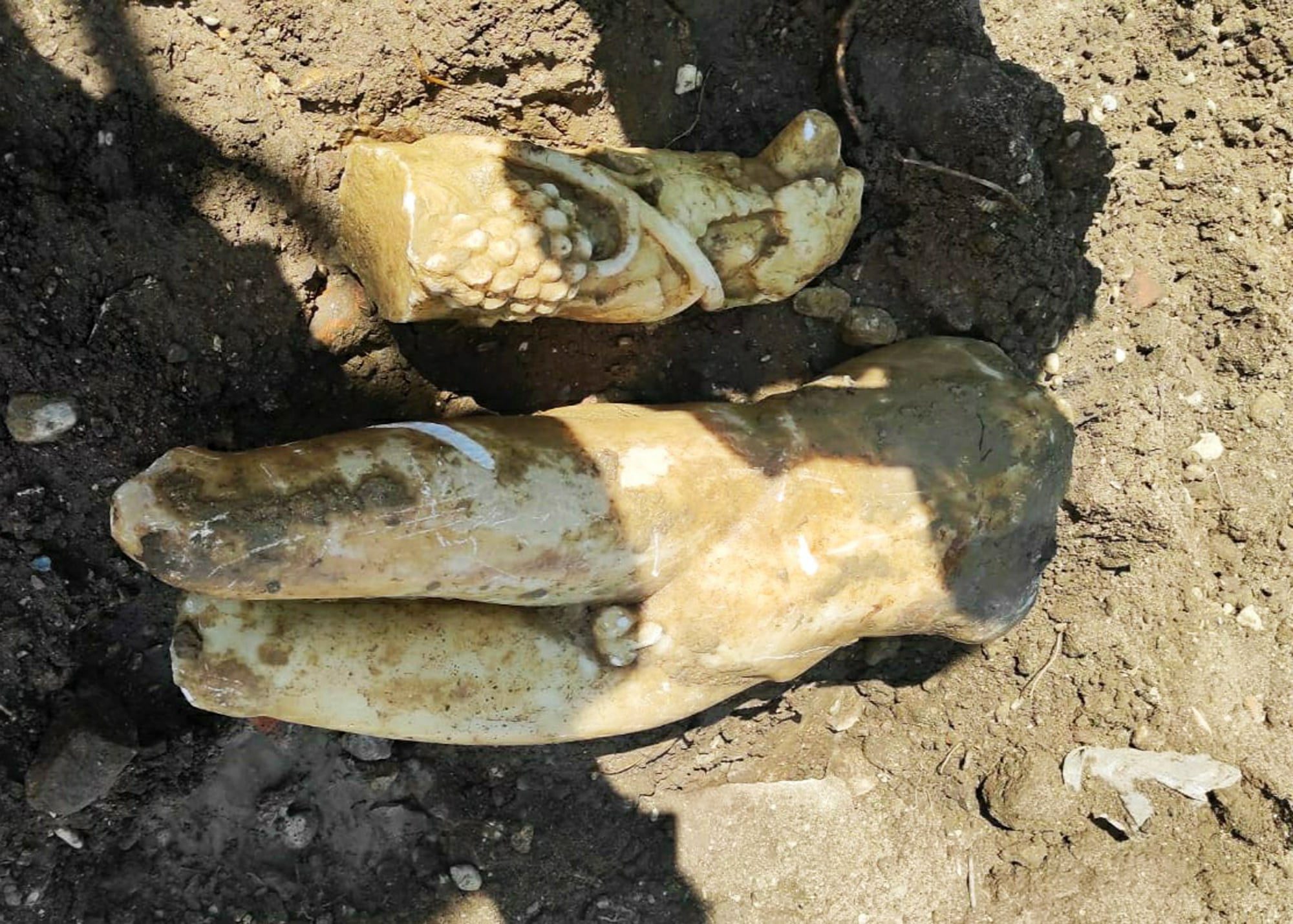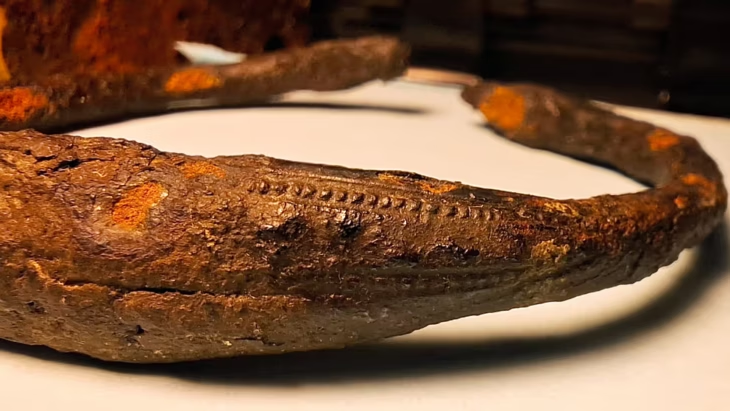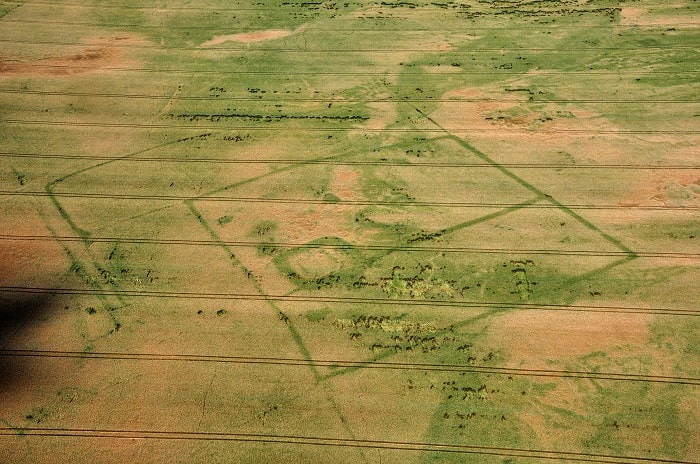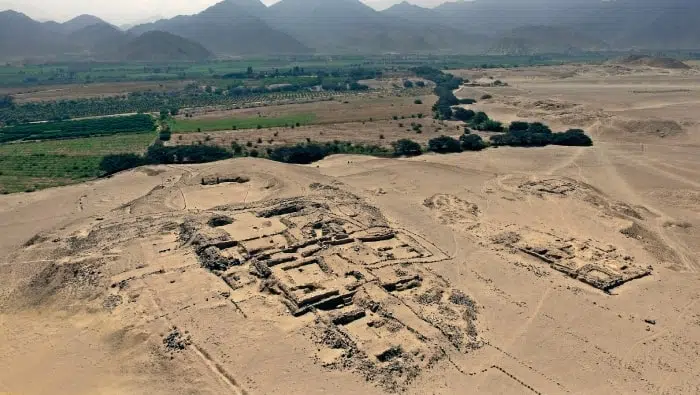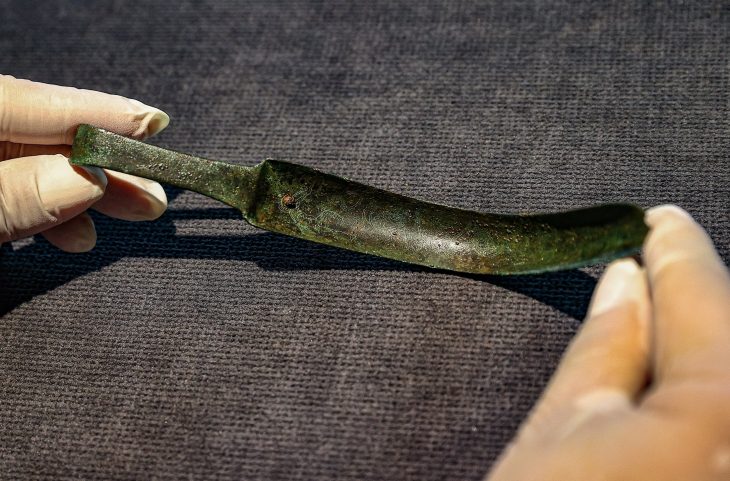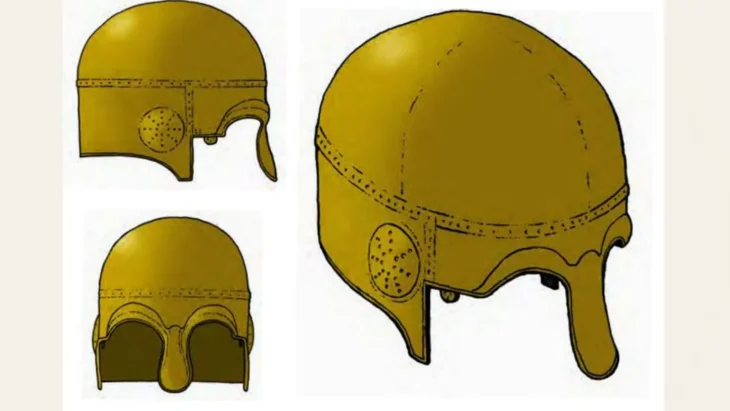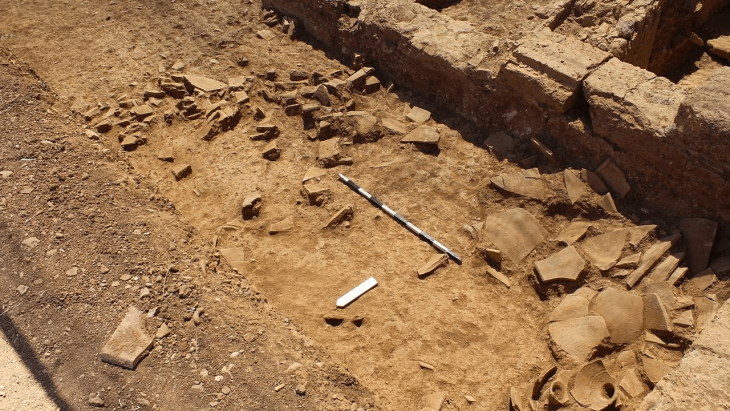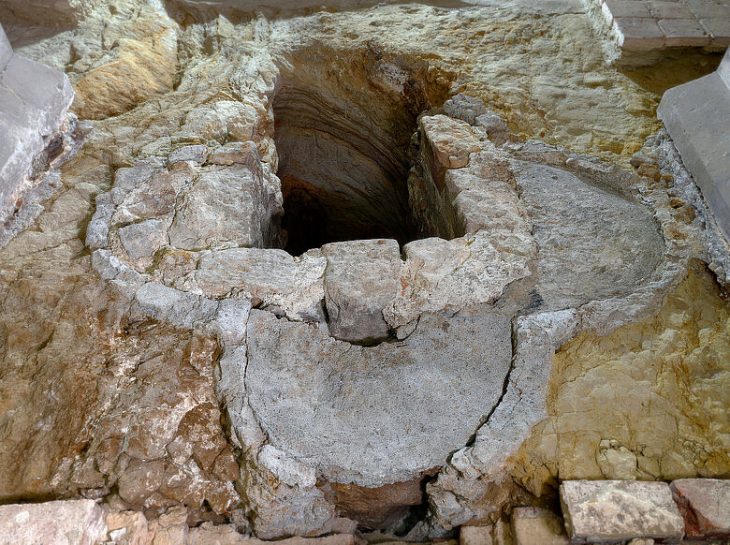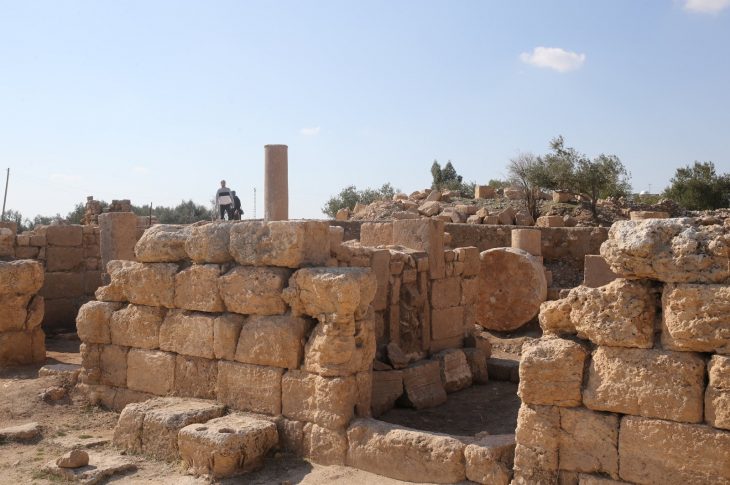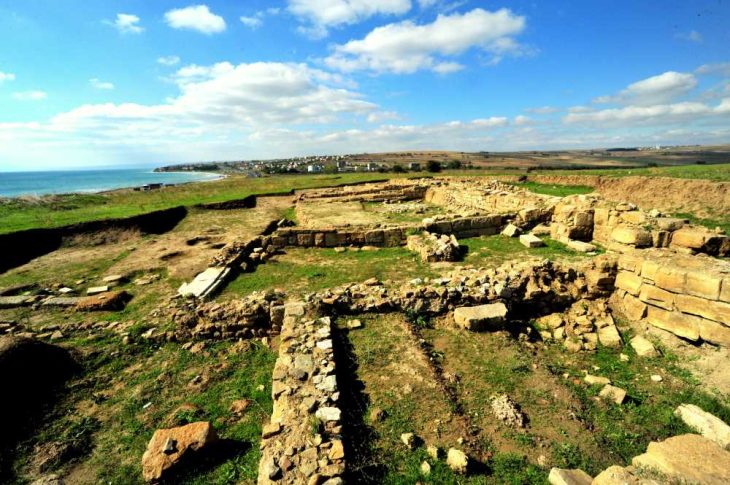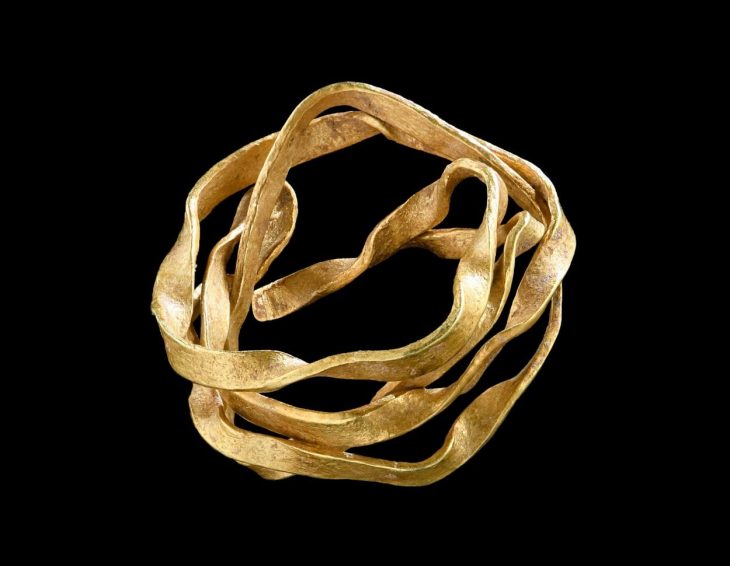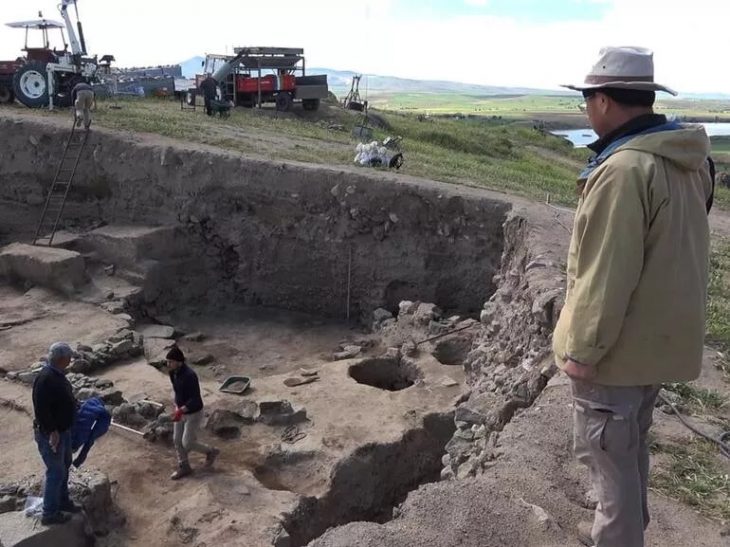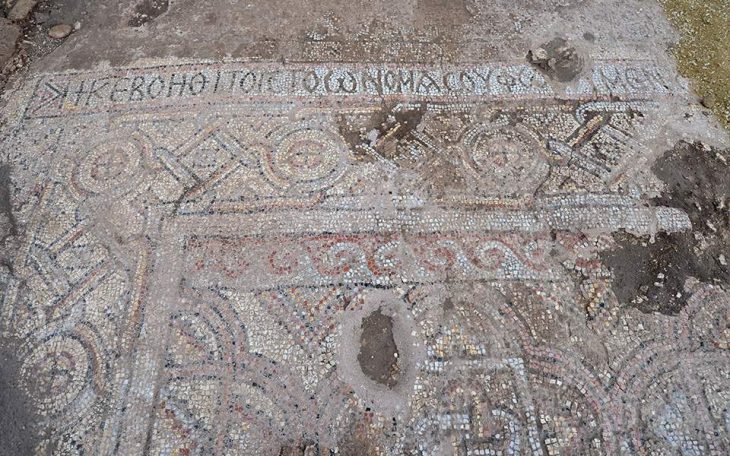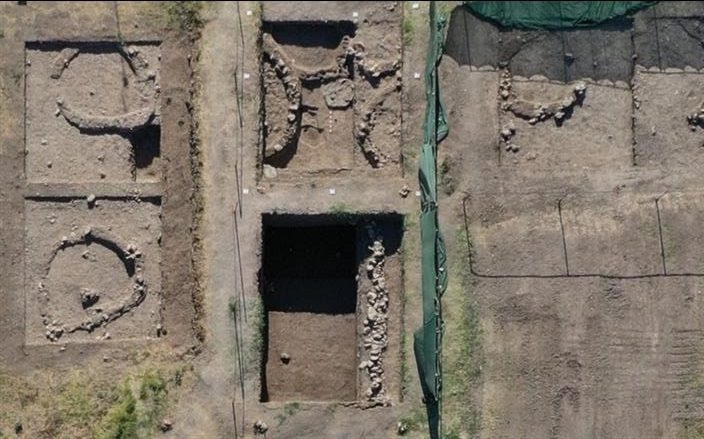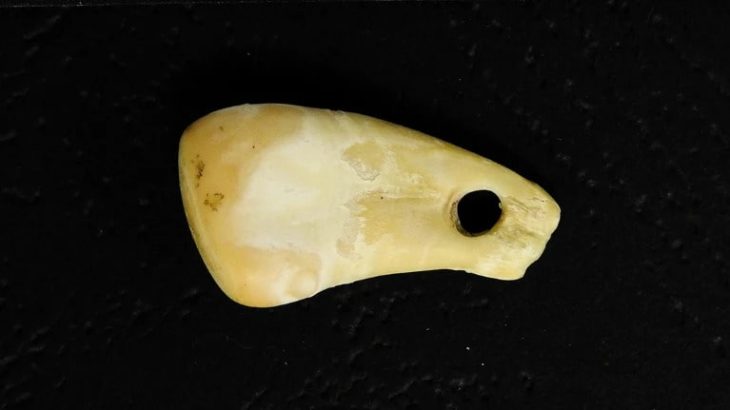A statue thought to belong to God Apollo was found during sewerage works in Afyon city in western Turkey.
During the sewage works carried out around Sinanpaşa Mound within the borders of Afyonkarahisar Sinanpaşa Municipality, the statue of God Apollo, which is thought to belong to the Roman period and two historical artifacts, were found in broken condition according to the first examinations.
Providing information to the DHA reporter, Mehmet Tanır, the Provincial Director of Culture and Tourism, said, “According to initial data, the statue, which is considered to belong to the Roman period, is thought to be Apollo.”
Mehmet Tanır, who stated that the file regarding the registration of the said area will be prepared and forwarded to the Eskişehir Cultural Heritage Preservation Regional Board Directorate, said that the sewerage work was stopped in the process until the board decision was taken and the Ministry of Culture and Tourism and the governor’s office were informed about the issue.
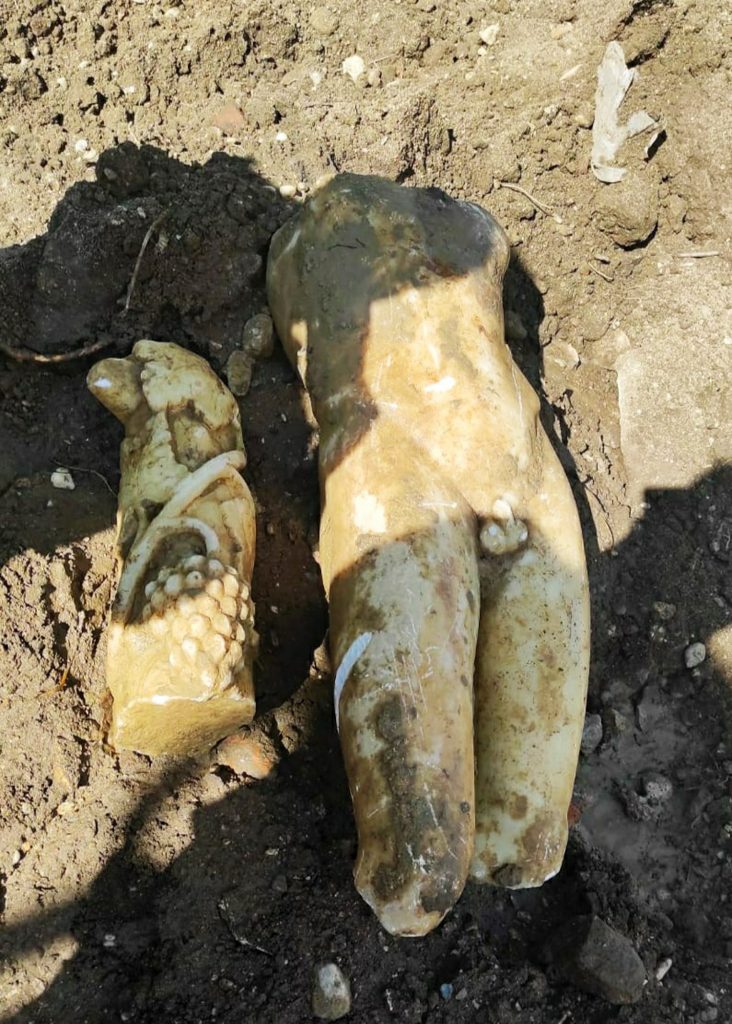
The statue is about 1 meter tall
Mehmet Tanır, who gave information about the statue found, said, “The statue is about 1 meter long and it was seen that it was missing from the head and below the knee. The fractures in question are old and their fragments have not been found. According to preliminary data, the statue, which is considered to belong to the Roman period, is thought to be Apollo. The sculpture will be added to the museum section after the procedures are done” he said.
Apollo, God of the Anatolian Land’s
Among the Greek Olympus gods, Apollo was considered the god of archery, music and dance, truth and prophecy, healing and diseases, the sun and light, poetry, and more. Apollo also appears in Roman religion and Greek and Roman mythology.
God Apollo is the son of Zeus and Leto and the twin brother of Artemis. Sculpture depictions are shown as a beardless, athletic, and beautiful young man.
He is known as the god of Anatolian lands. In Homer’s Iliad, Apollo is a god holding the Trojans, and Troy has a temple in the Pergamos Castle.
Apollo is called Apulu in Greek-influenced Etruscan mythology.

